Gesú is their only home. Hundreds of immigrants come to Brussels with a vision of a better life. Here is their starting point and, in many cases, where they will remain.
Gesú is located a few minutes away by subway from the European parliament building in Brussels. Doors of the inconspicuous building only attract attention with a small sign and lot of graffiti paintings around. Colours line the doors and walls, and corridors are covered with broken glass. These paintings are the few possible ways of realisation for some people. This building, which is in disastrous condition, serves as an asylum for many people. Sometimes they are without water, sometimes without electricity. Gesú, considering their living conditions, is their only affordable home.
“Do you speak Slovak?“ a robust young man smiles at me and gives me his hand. “My name is Paul, I will introduce you to my family. They will be glad to hear their native language,” he adds and calls his other family members from the flat nearby. Eva, the mother of several children, is shyly glancing at me at first, but when she hears “Dobrý deň” after a long time, she smiles. “We came here to seek a better life,” her husband explains, and invites us for a coffee. At their house.
I came to Gesú as a participant of a photo seminar organised by European Youth Press. We arrived in Gesú with my colleague to cover the subject of migration. Eva’s family lives in a two-room “flat”. Younger kids bring water for coffee in a small bucket out of nowhere. “We left Slovakia, our house was demolished. What could we do? Now we live on things we find in garbage bins,” explains the head of the family. When I ask about work, she only waves her hands. “We are learning French, but no one will employ us. Whether here or in Slovakia, we are black everywhere,” she says without emotion.
There are many Slovak Roma in Gesú. And, as we learn from the volunteer Sara, they are in other immigrant centres in Brussels too. They leave their home against their will and search for happiness elsewhere because “it’s better in the West”. But in the West the situation is just the same. Immigrant children are indeed studying languages and going to school, but locals often set their dogs on them when they dare to play at the community playground.
Gesú is home for many people. For Slovak and Romanian Roma people, immigrants from Morocco, for artists, squatters and many others. In fact, I know nothing about Gesú. I spent one day there, but while looking at photographs I am slowly recalling what this asylum visit meant to me. I only met one family there, I only saw Gesú from one small window. I saw children, chasing each other around the yard, making a playground from piles of trash. They study outside on the benches and constantly run with friends, to a treehouse or kicking a ball. They laugh despite having mud behind their ears. “What else is there to do when we don’t have any other home?” Eva asks me.
[crp]



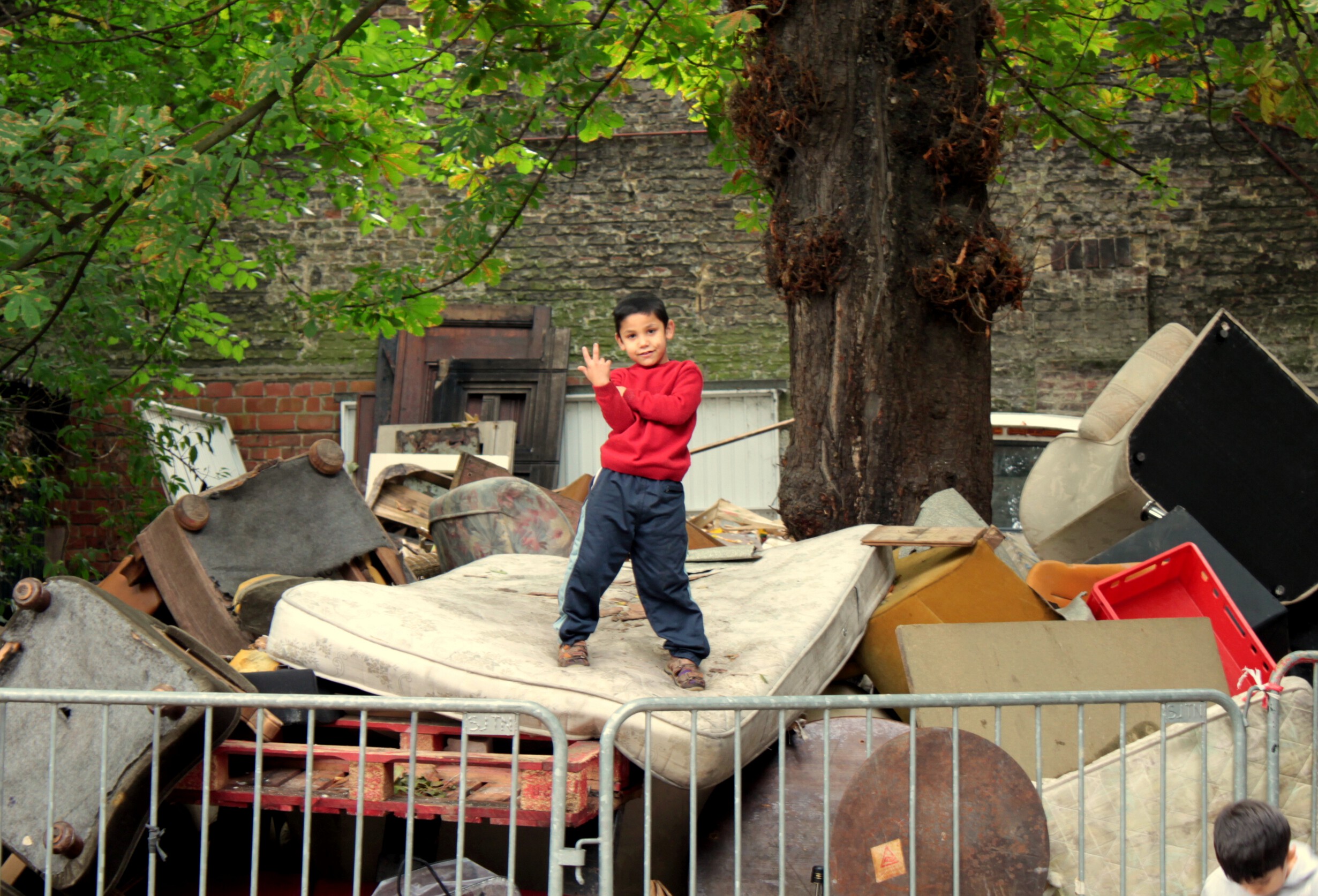
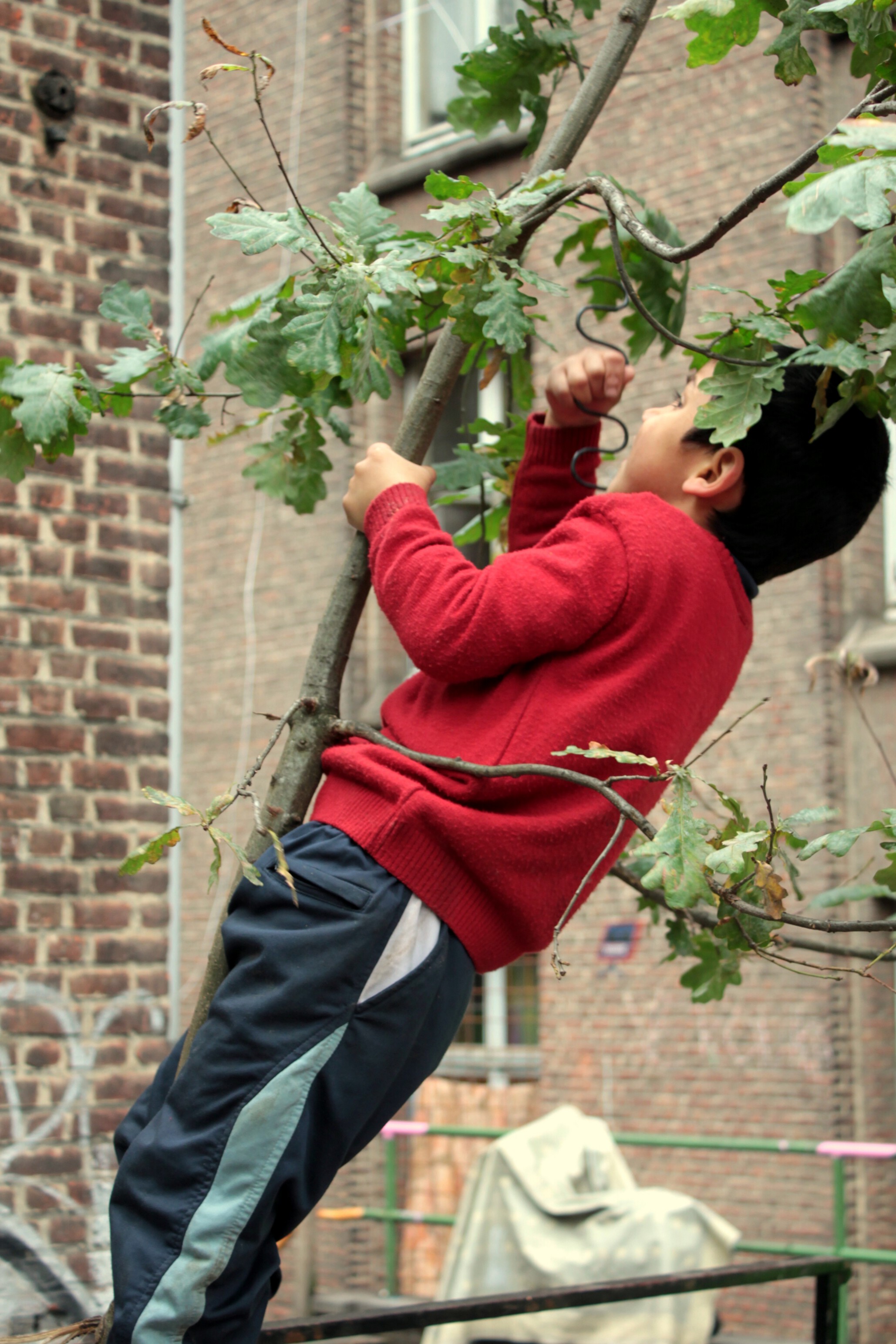
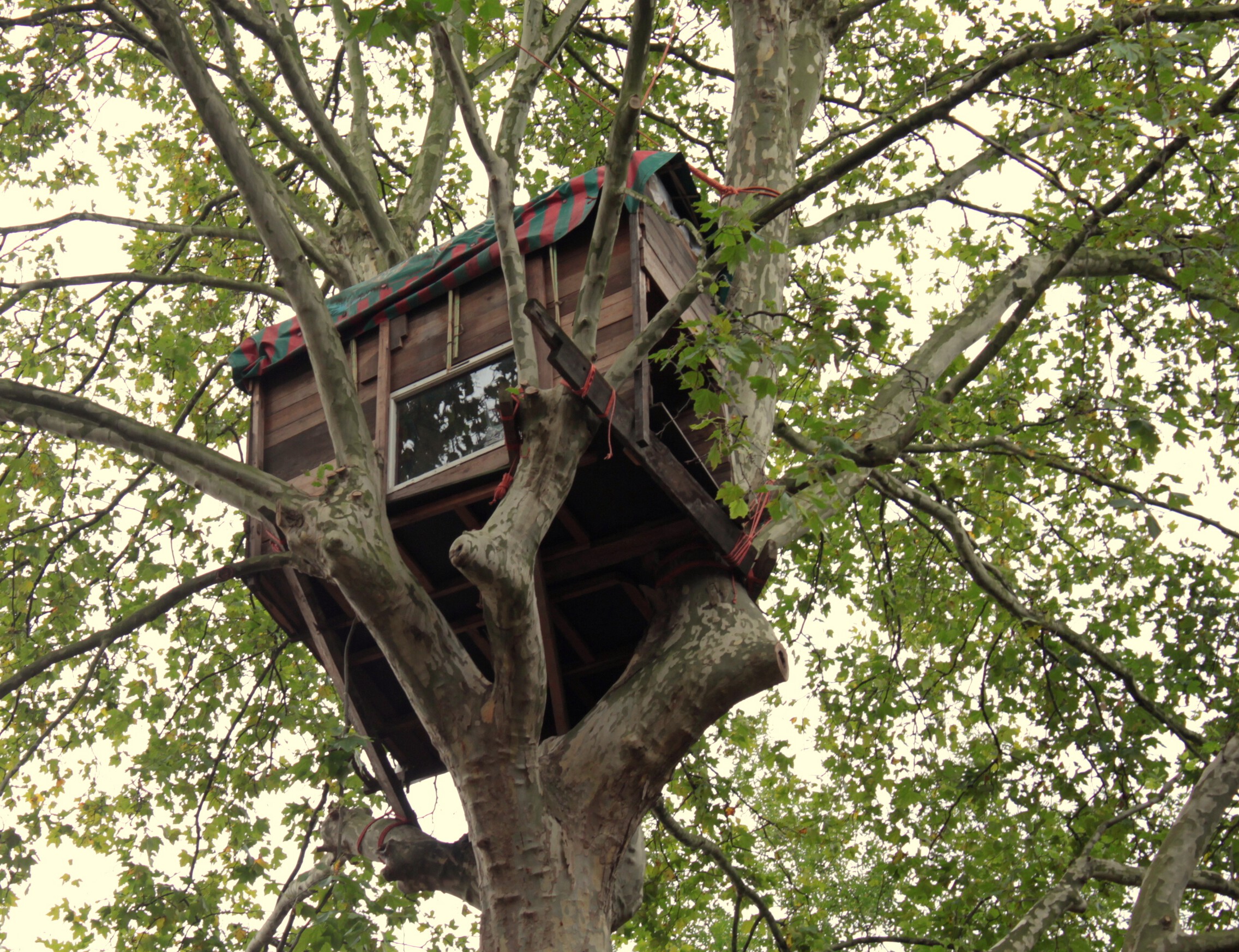
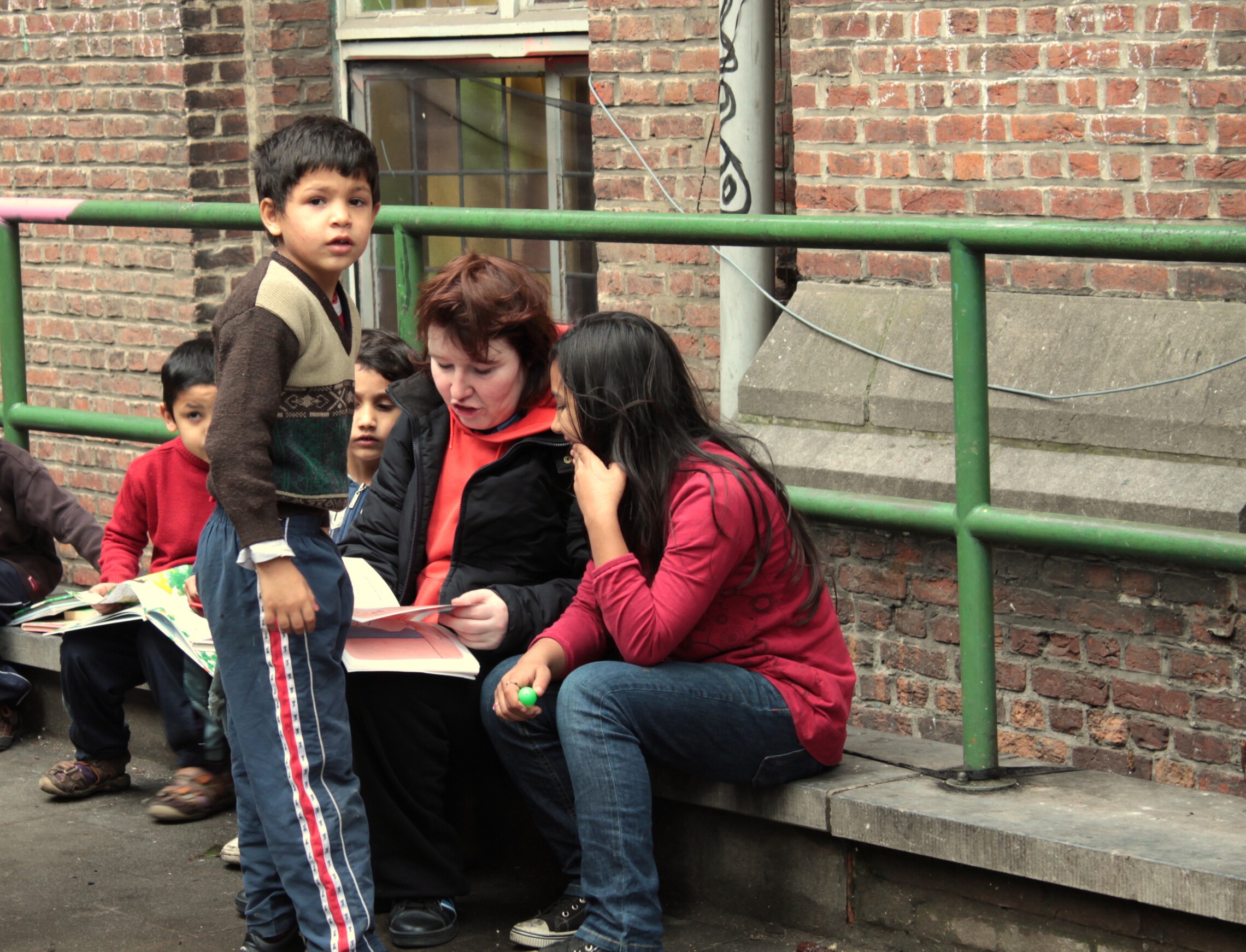
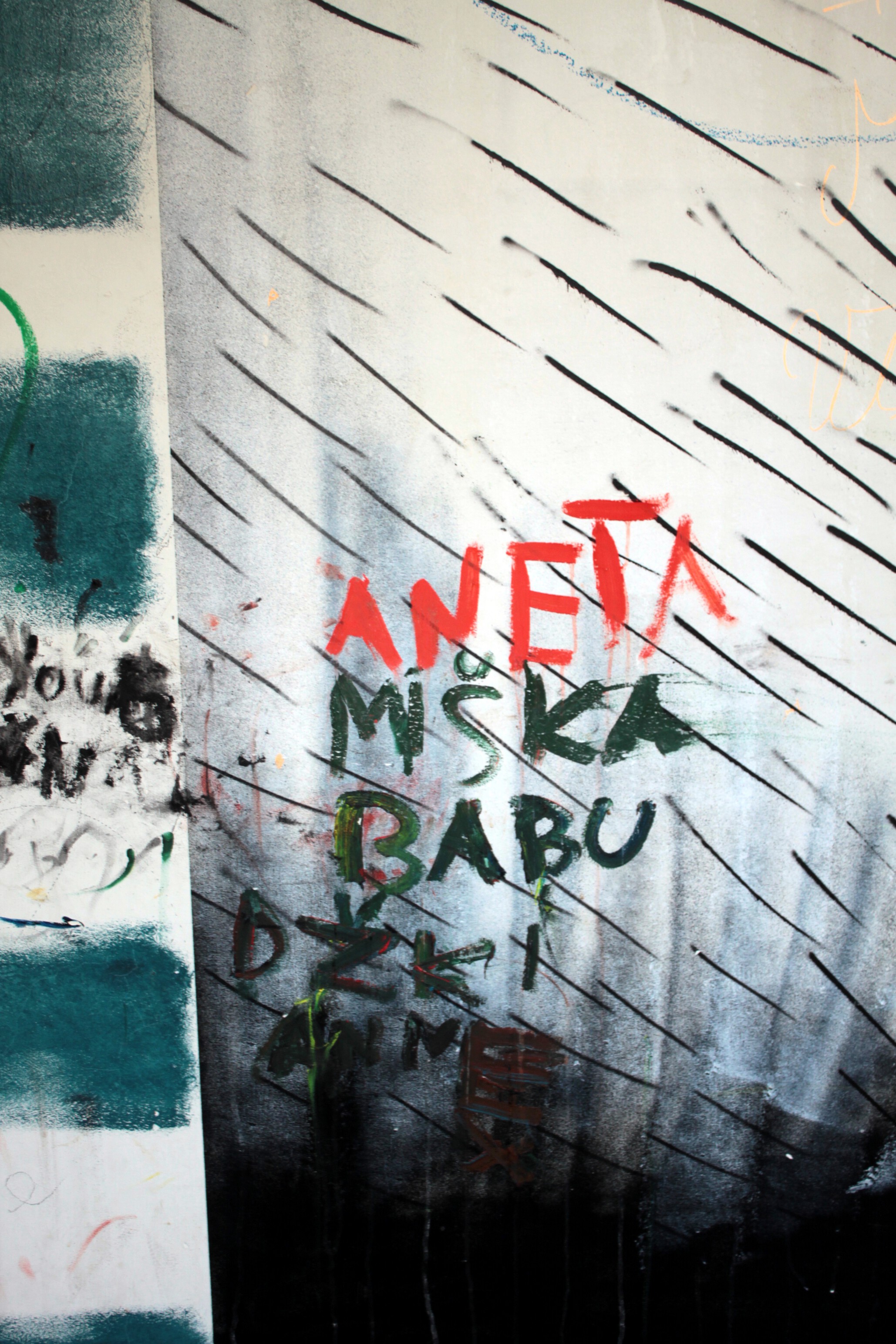
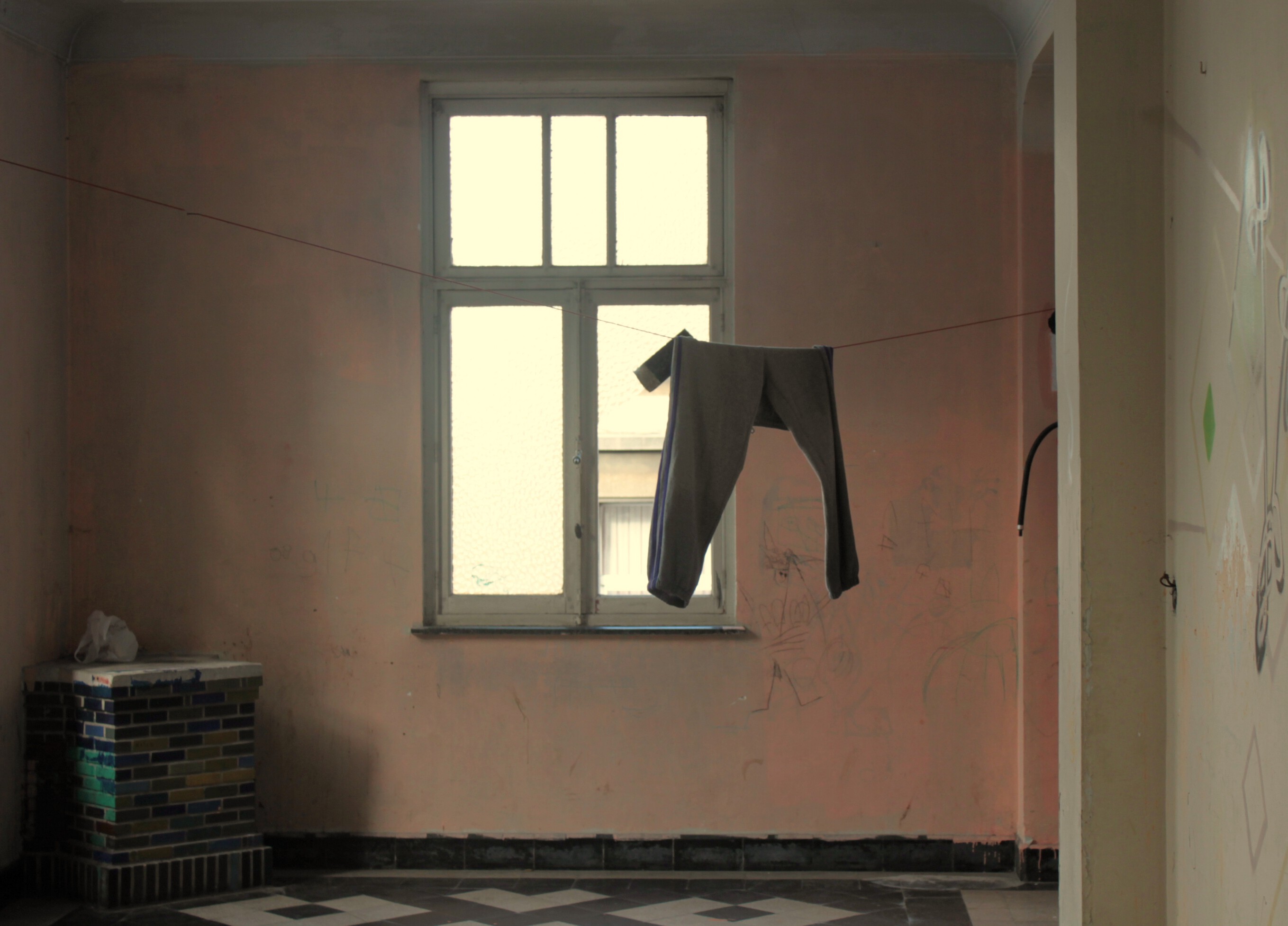
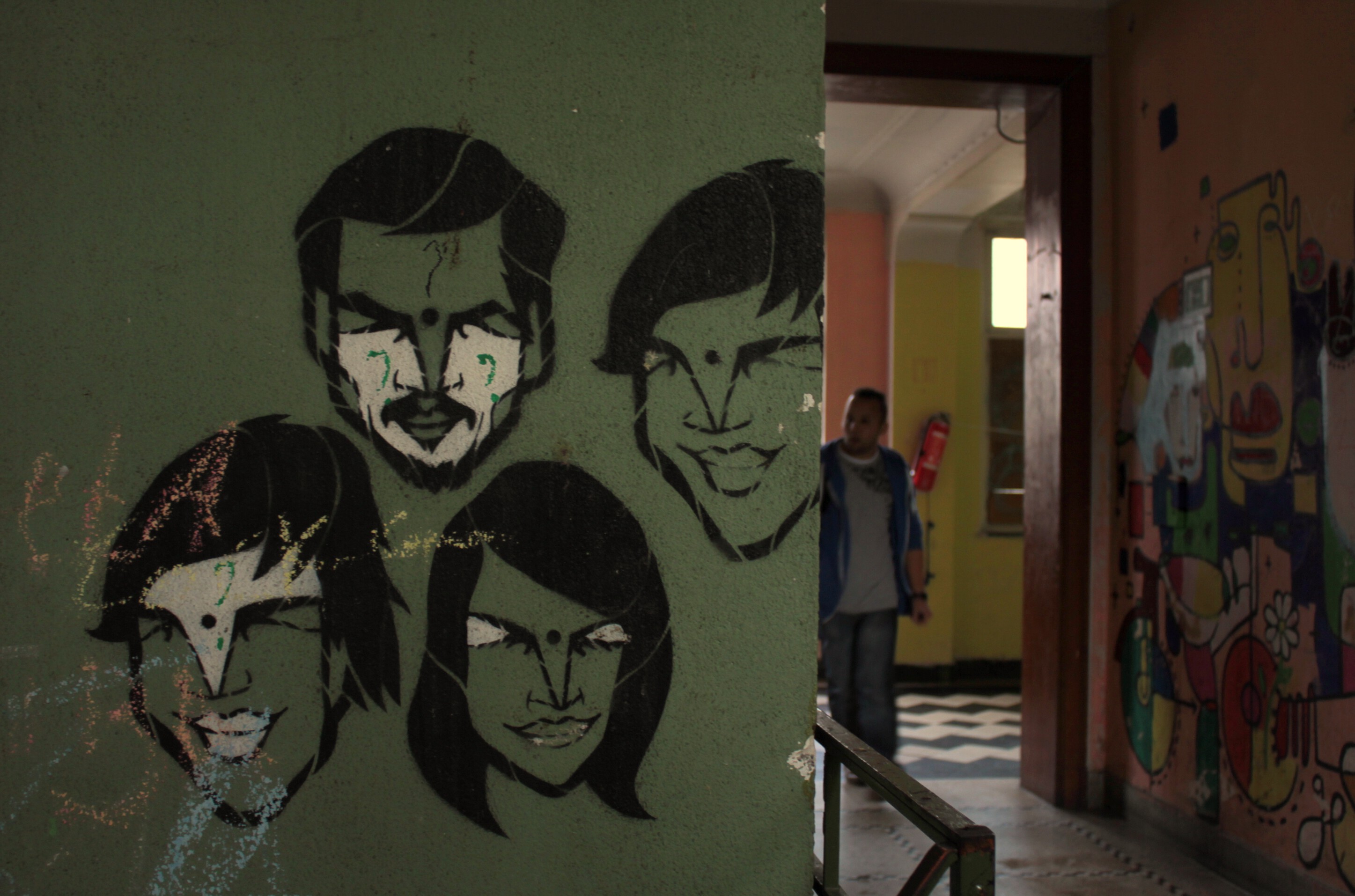
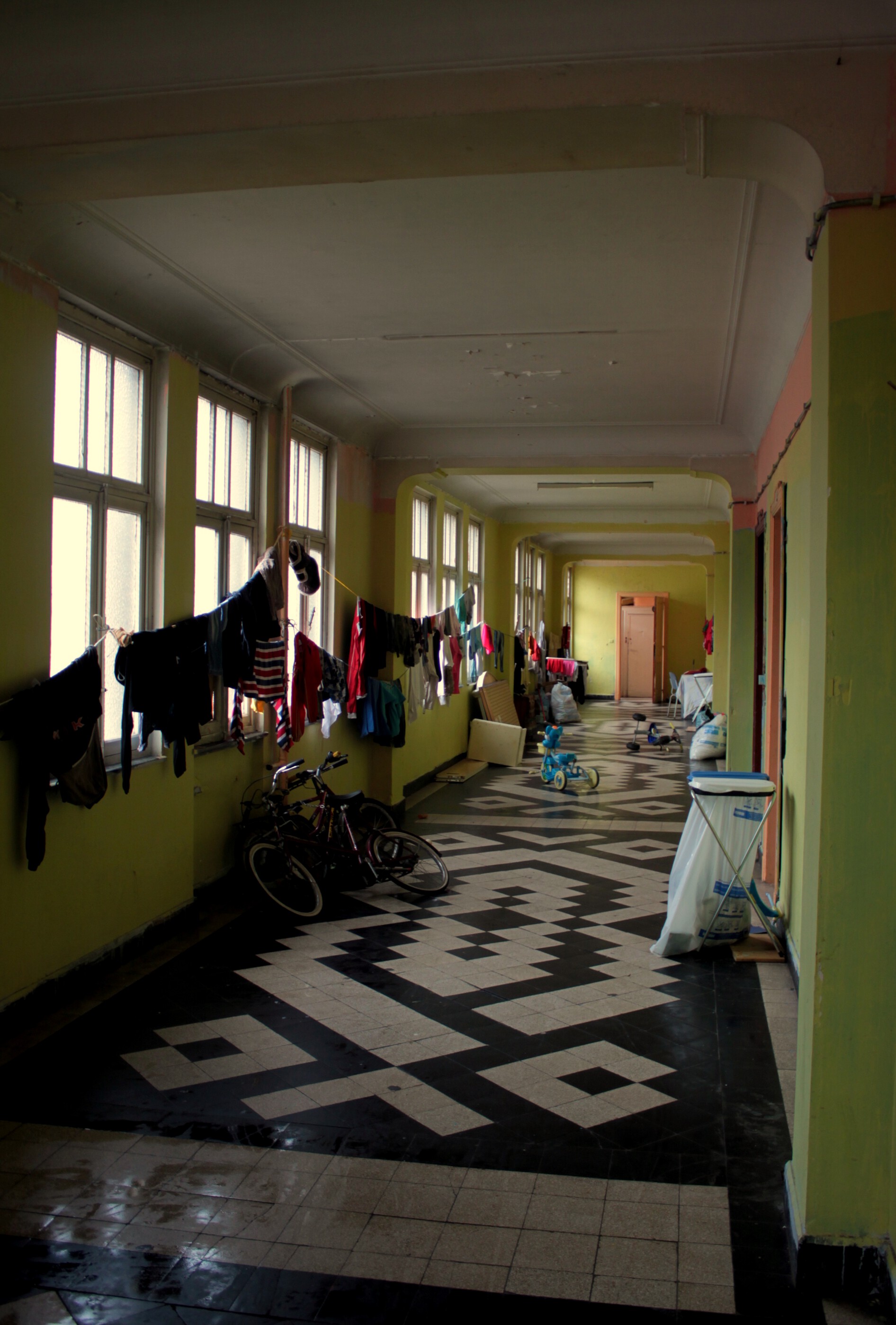
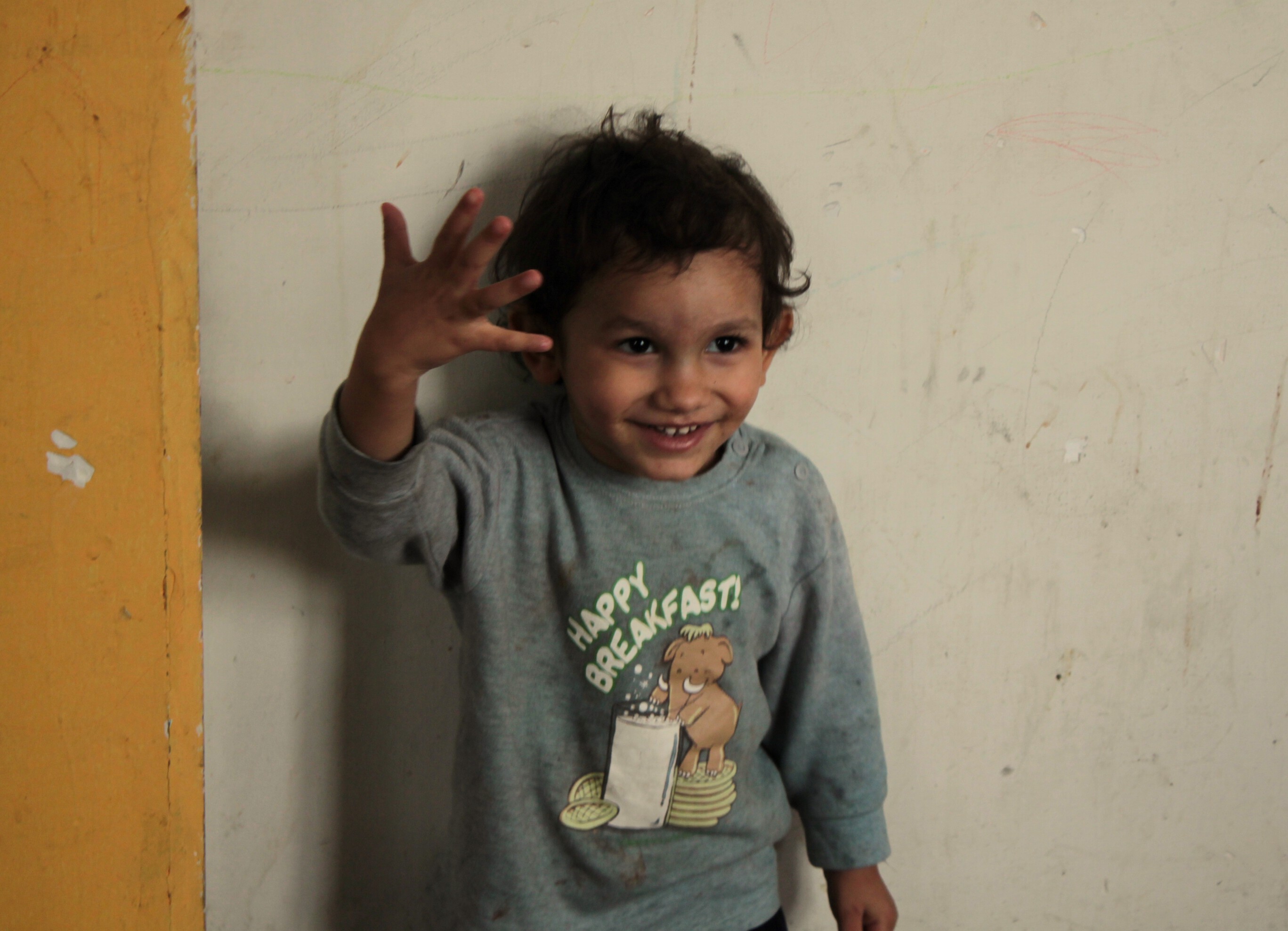
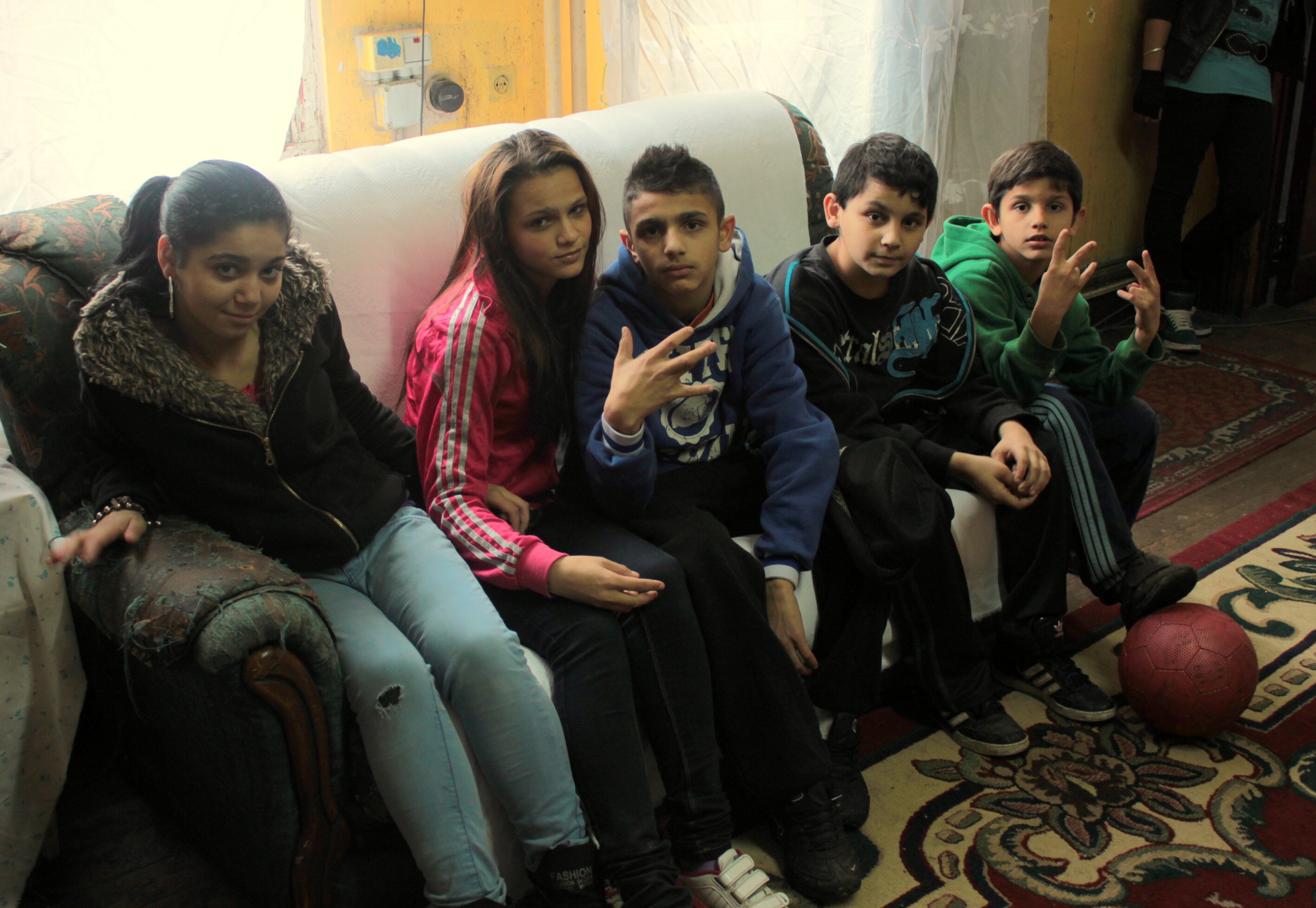

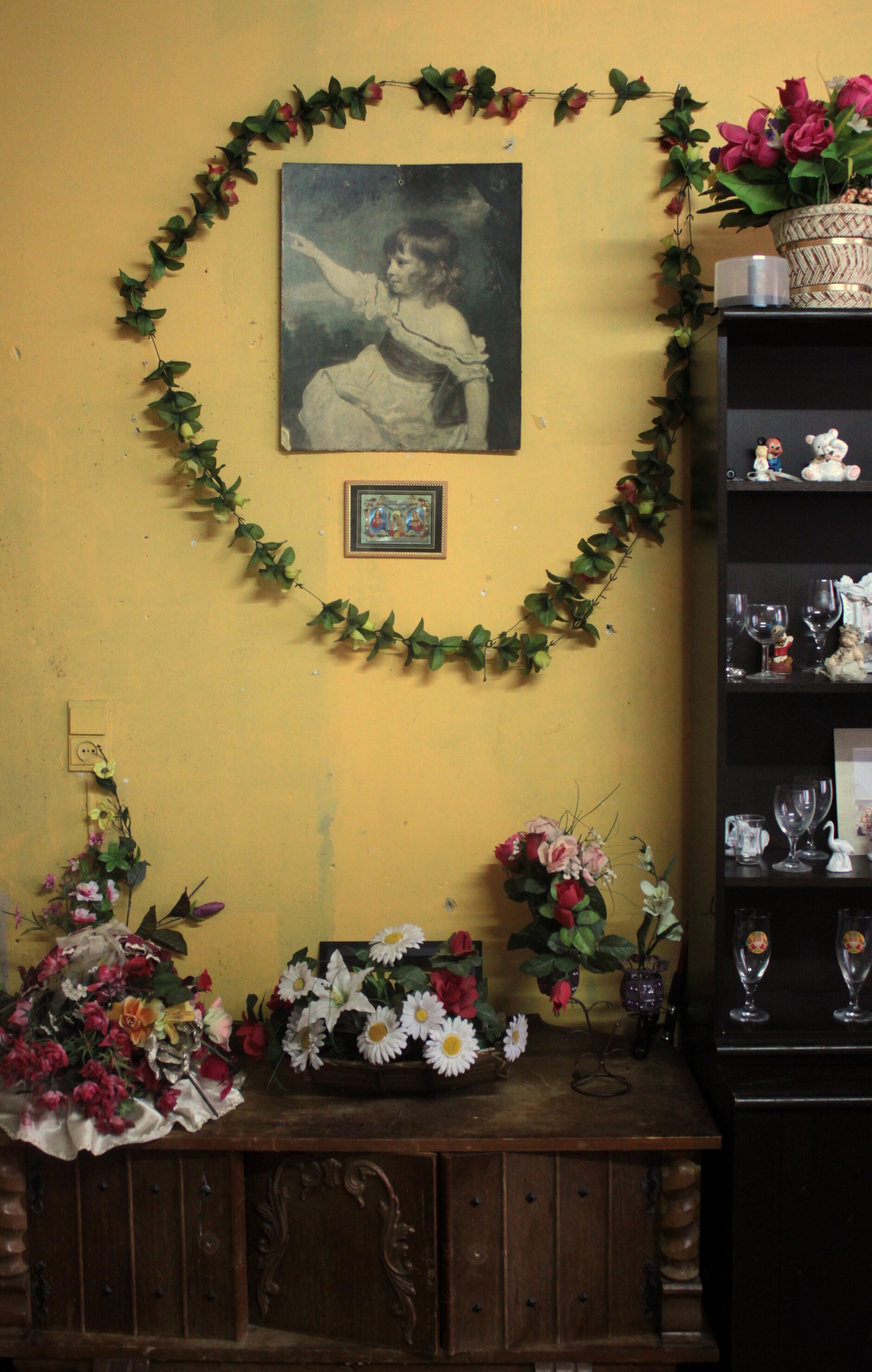
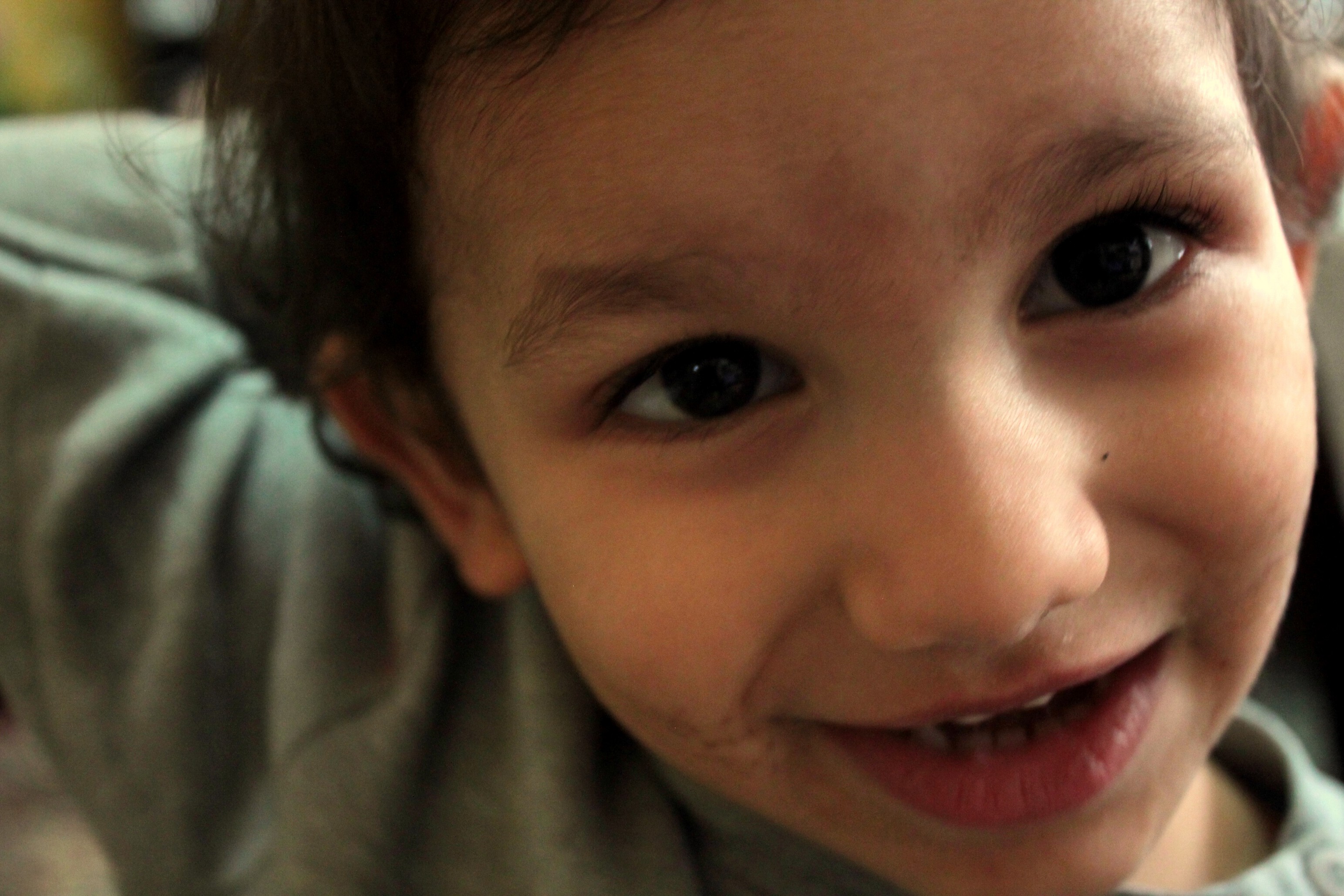
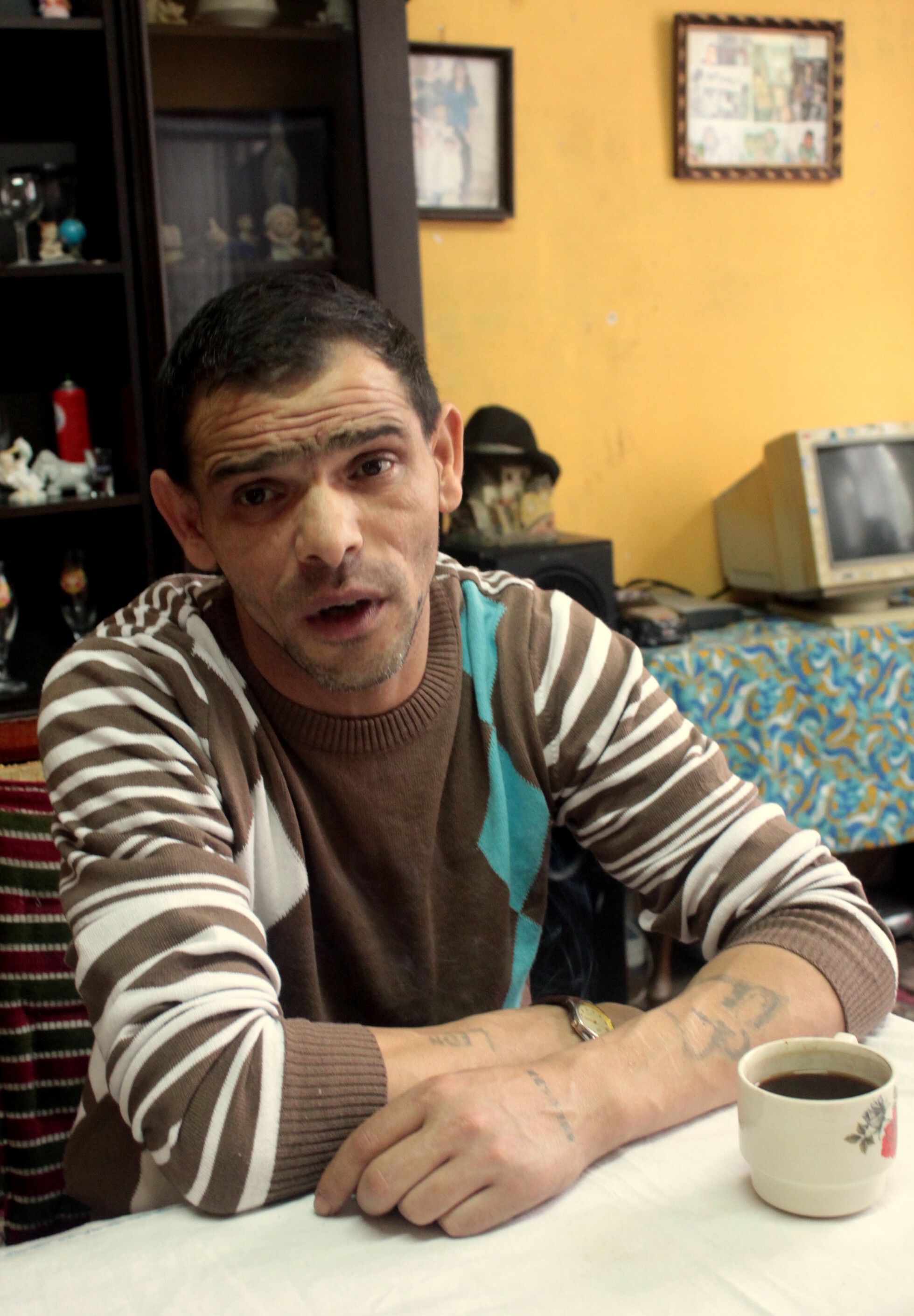

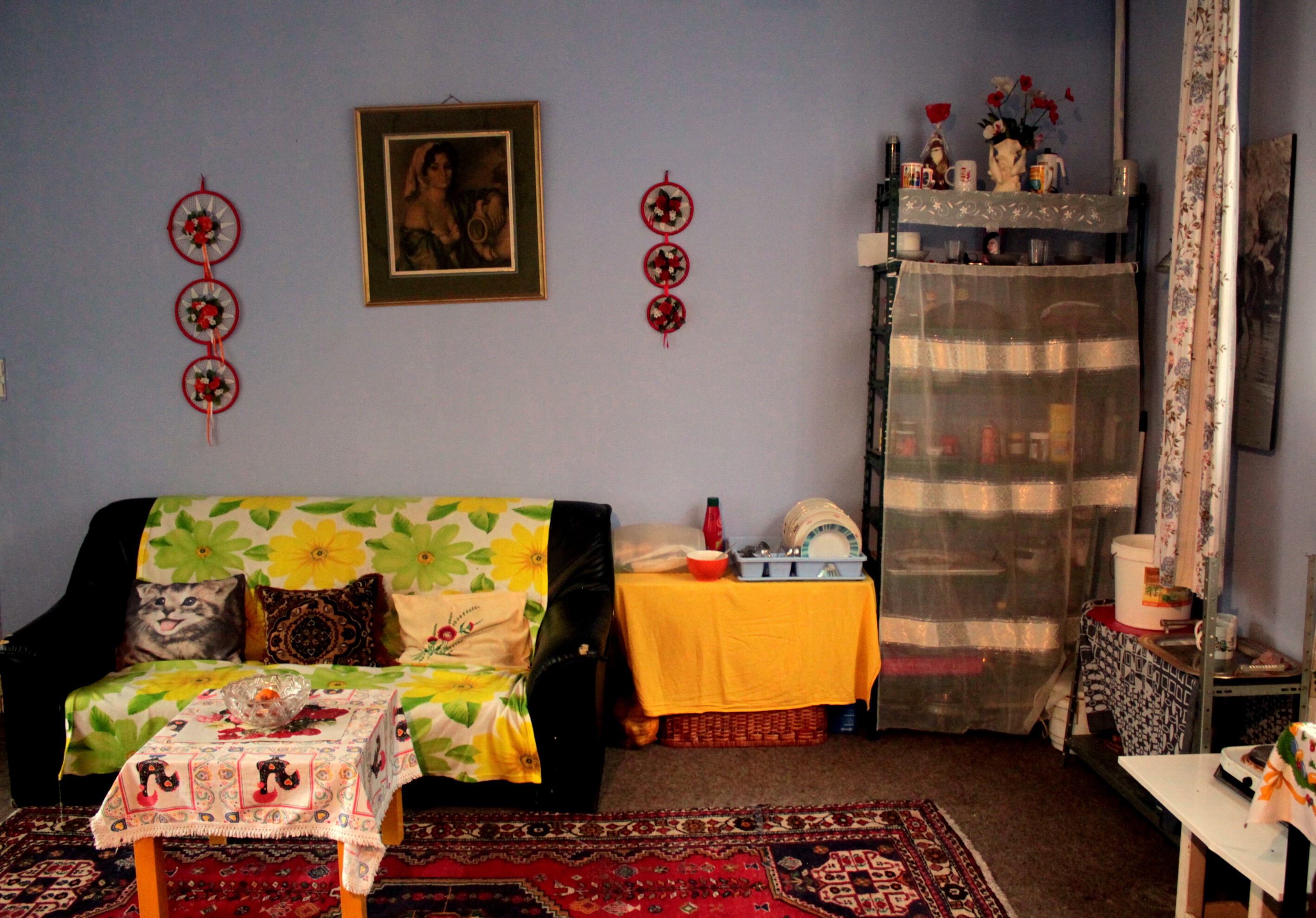
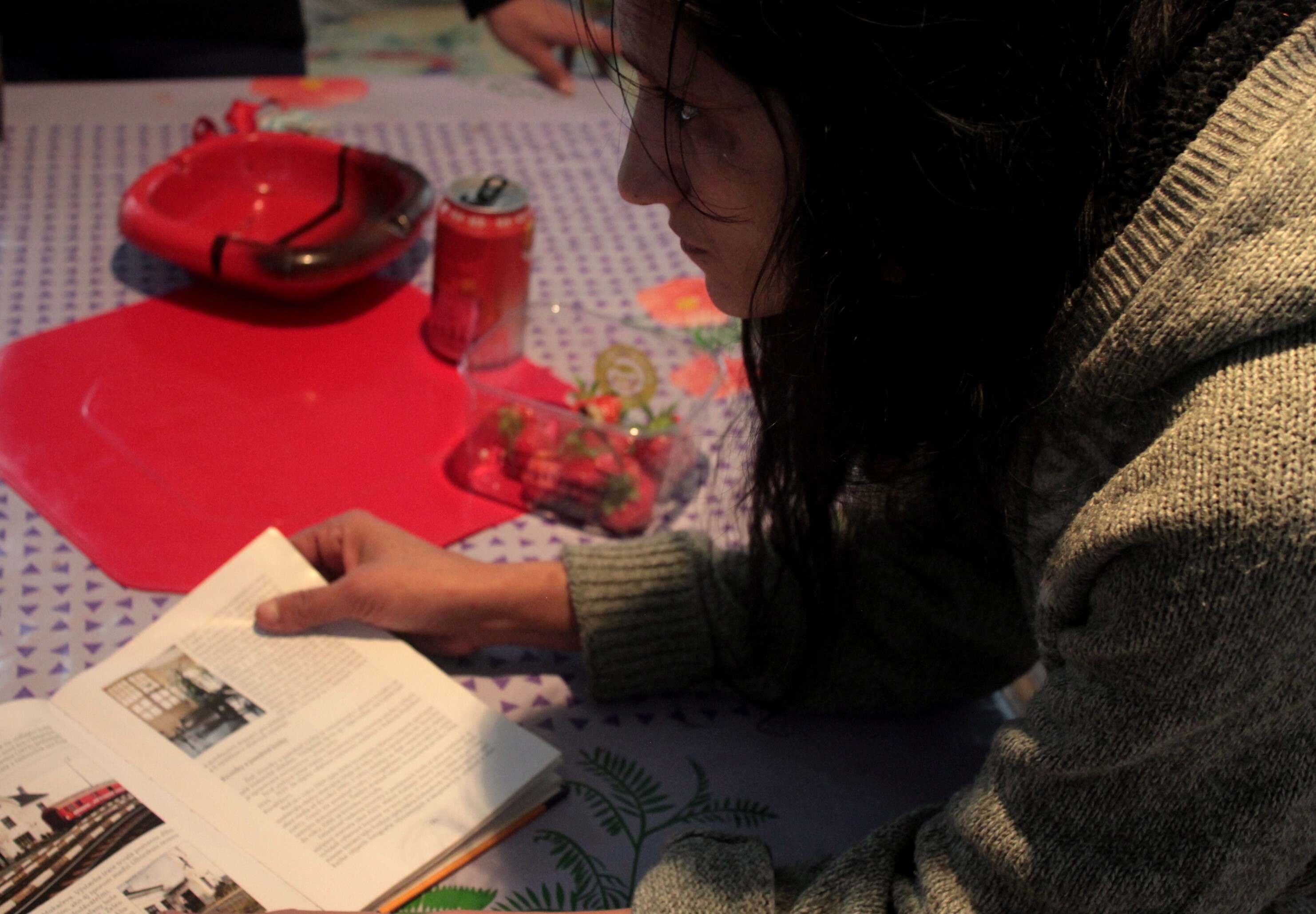
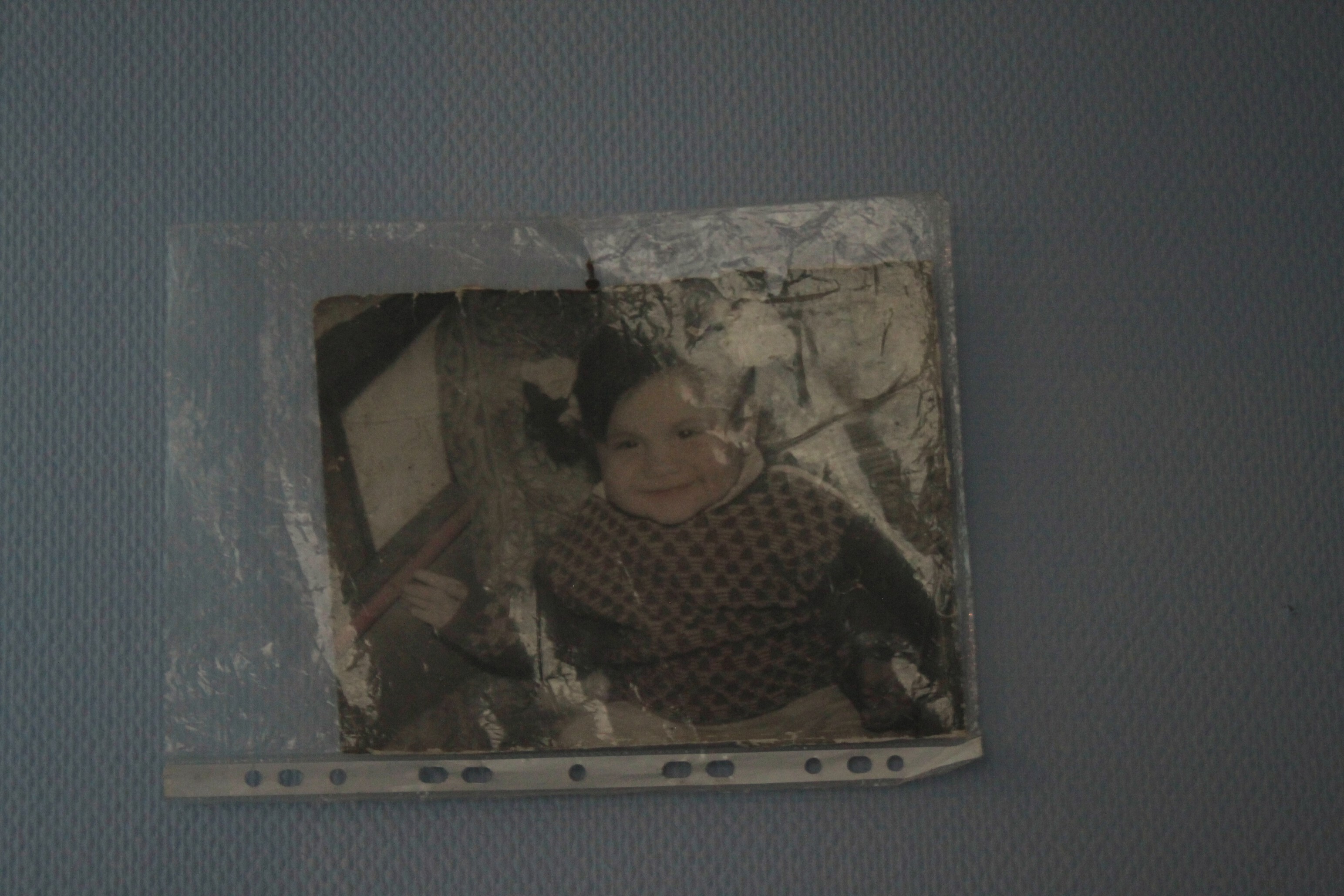
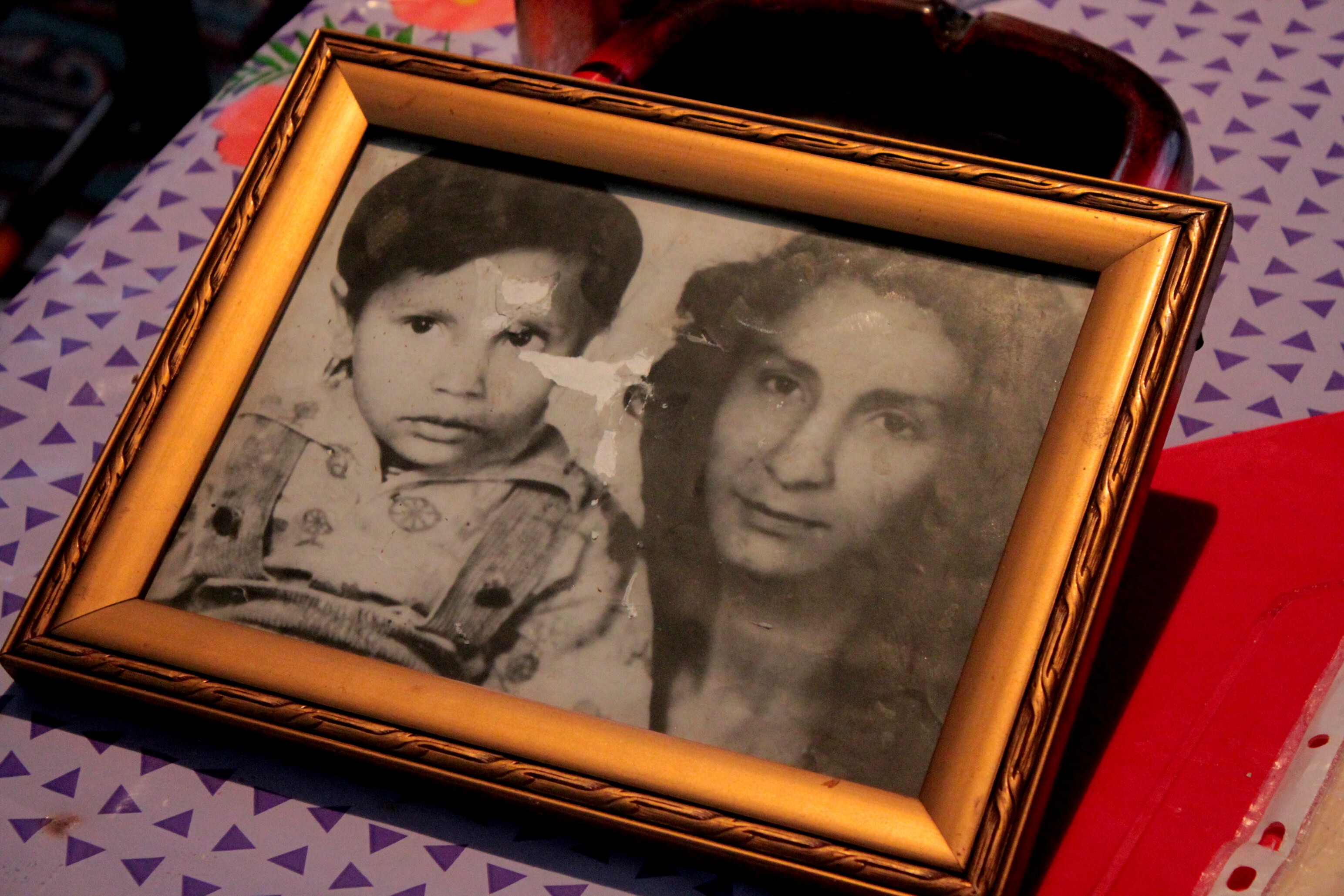



Recent Comments